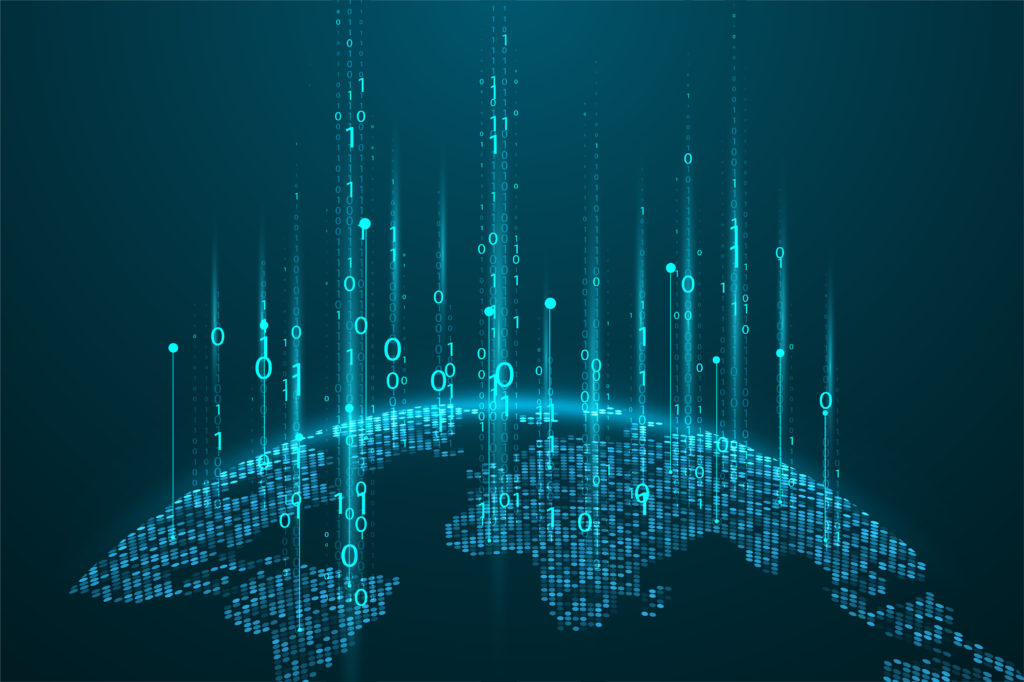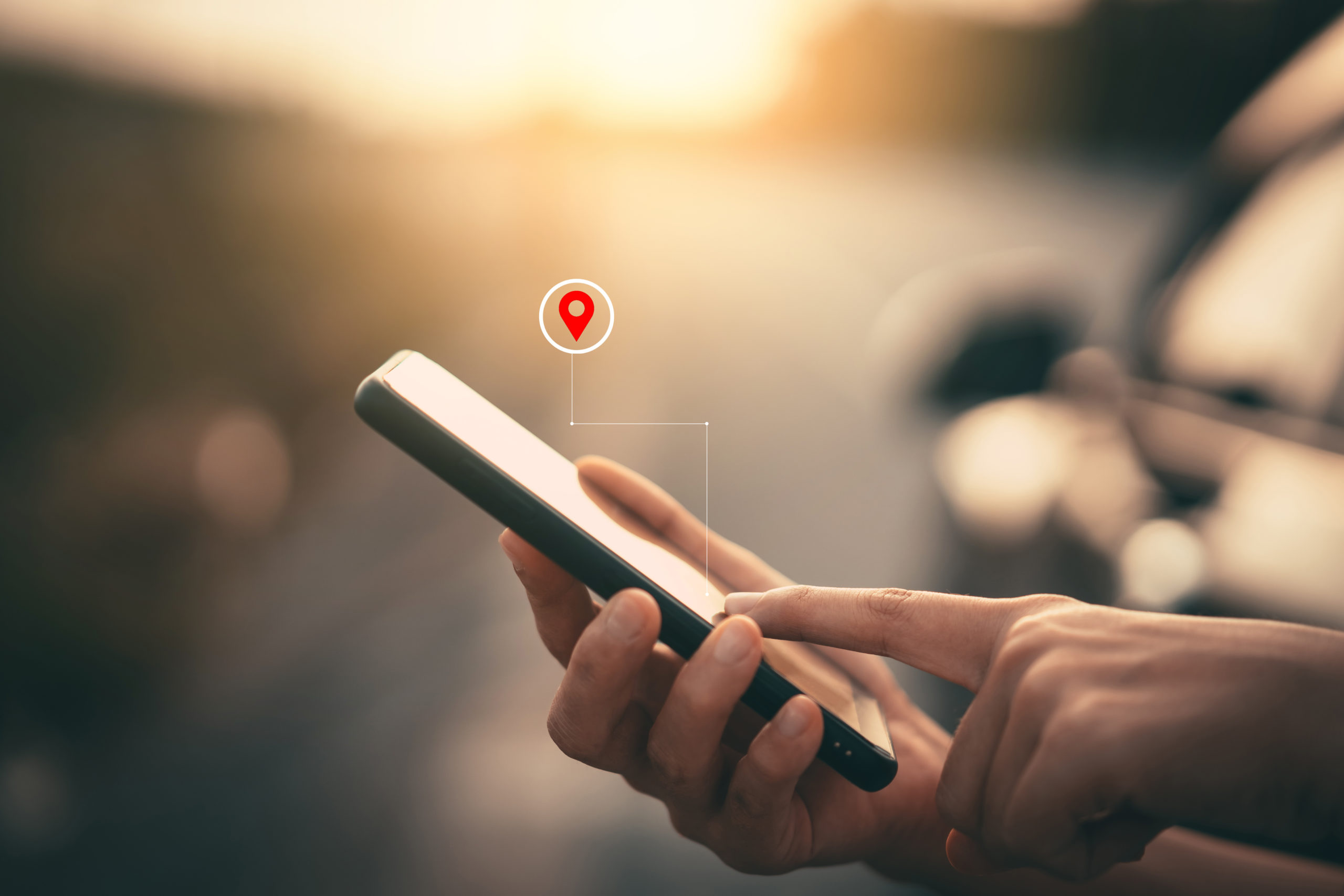How do governments block internet? Case study: Africa.

No Twitter, WhatsApp or Facebook.
This is becoming increasingly typical in some African countries, as governments restrict social media platforms or cut off internet access on occasion.
Advocates for internet freedom complain about censorship, but governments counter that it is necessary to maintain security.
So, where and how is Internet access restricted in Africa?
Which African countries are blocking internet access?
A government can limit internet access by instructing Internet service providers (ISPs) to restrict access to their customers. Typically, this is due to a blocking of widely utilized social networking platforms.
Authorities can also order service providers to restrict all Internet access as a last resort: shutdowns of the Internet are becoming more common throughout Africa.
During recent elections in Tanzania, internet and social media app access was prohibited.
In reaction to the protests following the assassination of popular Oromo singer and activist Hachalu Hundessa, Ethiopia implemented an internet blackout that lasted over a month in June 2020.
In 2020, Zimbabwe, Togo, Burundi, Chad, Mali, and Guinea all imposed internet or social media restrictions at separate times.
Real data reporting
According to Access Now, an independent watchdog, there were 25 verified occurrences of partial or complete Internet shutdowns in 2019, up from 20 in 2018 and 12 in 2017.
Seven of the 14 countries that barred access in 2019 had not done so in the previous two years, according to the group.
The new countries to block access are Benin, Gabon, Eritrea, Liberia, Malawi, Mauritania and Zimbabwe. This is part of a global trend, where more and more countries are restricting internet access, up to 213 internet shutdowns worldwide, up from 106 in 2017.
According to the Access Now organization, most internet restrictions in Africa affect entire countries rather than specific regions or demographic groups. Last year, 21 of the group’s 25 cuts affected entire countries or the majority of the country. Only Sudan and Ethiopia had shut down the internet on purpose.

How did internet access become restricted?
In each country, it is up to service providers to carry out instructions from the authorities to block access.
One of the methods used in this regard is that based on blocking URLs. This is a filter that prevents access to a list of prohibited sites.
A user trying to access banned sites may see various messages such as “server not found” or “this site has been blocked by the network administrator“.
Another method is called ‘limiting’.
This approach severely limits traffic to specific sites, making the service appear slow, thus discouraging users. This is more subtle, as it’s hard to know if the sites are indeed restricted or if the facilities are to blame.
Finally, telecommunications companies may be forced to shut down their services altogether, preventing access to data.
Can internet service providers say no?
The ability of governments to censor the Internet depends on their ability to exercise control over telecommunications companies.
Internet service providers are licensed by governments, which means they risk fines or the loss of their contracts if they do not comply with authorities’ orders.
Operators may have the right to appeal government decisions to the courts, but in practice they rarely do so.
However, there were exceptions. Zimbabwe’s courts last year ruled in favor of restoring internet access after the government ordered restrictions.
In response, the government has put in place new regulations allowing it greater control over the Internet.
There are also examples where governments wishing to shut down the network have not had difficulty in doing so.
Unless internet access has been shut down completely, there are ways for some people to work around these barriers.
VPN
The most common method is using Virtual Private Networks (VPNs). With VPN data is encrypted, making it difficult for service providers to block access to restricted sites.
Governments can also block VPNs, but are less inclined to do so because it also seriously hinders foreign diplomats and the big companies that use them.
Some African governments justify the restrictions with the rise of “fake news” online. But some analysts and opposition figures see this as an excuse to neutralize groups critical of the government, which often organize on Facebook and WhatsApp.

